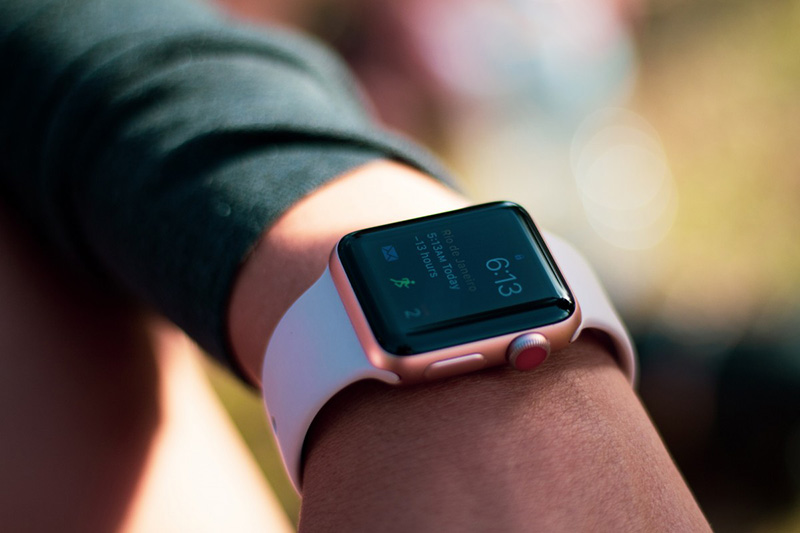Medidata has announced the launch of Sensor Cloud, a platform for managing a broad range of sensor and digital health technology data during the clinical trial process.
The New York-based company, which is a wholly-owned subsidiary of French software firm Dassault Systemes, said the Sensor Cloud seamlessly integrates Medidata’s existing clinical cloud technology, the Medidata Rave Clinical Cloud, and supports continuous patient data collection from both Medidata and third-party medical-grade sensors, reports Medidata.
“With the ability to measure a wide variety of biometric data including vital signs, movement, sleep patterns, and more, Sensor Cloud presents an unparalleled opportunity for researchers to derive new insights from vast amounts of data,” said Anthony Costello, president, Patient Cloud at Medidata. “As sensor usage in clinical trials is projected to surge up to 70% by 2025, it is imperative that we create the platform needed to rapidly standardize and integrate sensor data in order to harness the full power of these technologies for the benefit of patients.”
Following Medidata’s recent acquisition of digital biomarker business MC10, the launch of Sensor Cloud further strengthens the company’s unique data ingestion, analytics and insights capabilities that currently provide differentiated value to patients, trial sites, trial sponsors, and contract research organizations (CROs).

Using Sensor Cloud, researchers can access sensor data through a single Application Programming Interface (API, a software intermediary that allows two applications to talk to each other) and integrate new sensor technologies in weeks rather than months. Sensor Cloud provides the ability to:
- Enable greater insights through proprietary analytics including novel digital biomarker discovery
- Lower costs and enable greater operational efficiency by making it easier for patients to share data and stay enrolled in trials
- Standardize data from ingestion through delivery via a common data model
- Reduce site and patient burden by cutting down on-site visits, time, and travel through a more flexible engagement model
Read more Impact of Mobile Devices on Clinical Trial Data Collection
“Social distancing and other prevention protocols necessitated by the COVID-19 pandemic have greatly accelerated the adoption of remote technologies as a way to ensure the continuation of clinical trials,” added Costello. “These advancements will continue to grow in popularity, outlasting the pandemic and, as trials continue to improve and become more patient-centric, communication and engagement become increasingly important. Patient involvement and the quality of the data generated by sensors will be integral to the overall evolution of this innovative research model.”












